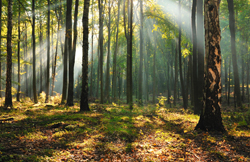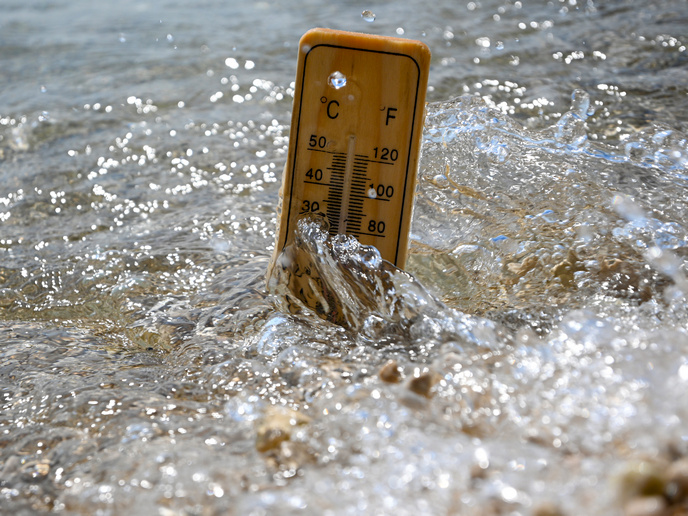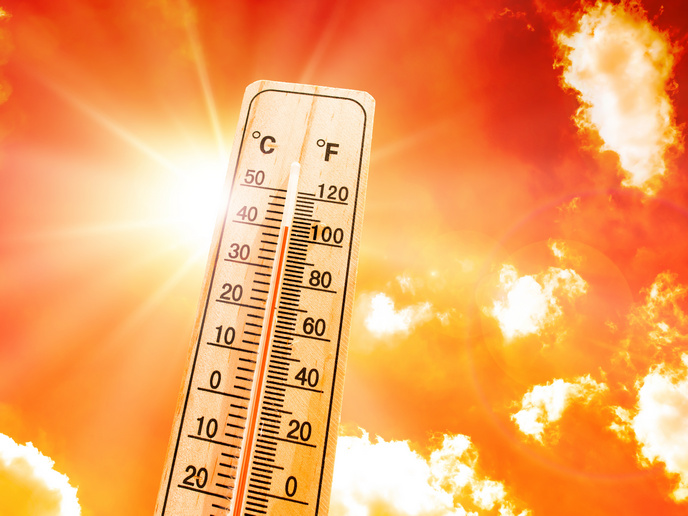Climate change affects tree growth and productivity
The EU-funded 'Biodiversity and climate change, a risk analysis' (BACCARA) project assessed the risks associated with climate change on functional diversity and forest productivity. Extensive analyses and investigations of literature, past records and European forest inventories were carried out. Tree growth was found to increase in response to the increased temperature and water availability associated with climate change. On the other hand, severe conditions, such as drought and frost, increased tree mortality. BACCARA members also determined that richness in tree species positively affects forest productivity due to increased functional diversity. Mixed forests have been associated with an approximately 24 % higher tree wood production compared to single-species forests. In addition, they are more likely to be able to buffer negative impacts on key species. Mixed forests are, however, more difficult and costly to manage. Climate change also impacts on the damage caused by forest pests and pathogens: pathogen infection rates were found to increase correspondingly with humidity and temperature. Damage is often associated with water stress, but the level of damage depends on whether the pests or pathogens attack healthy or stressed trees. The knowledge gained during this study will enable forest managers to anticipate the effects of climate change on their forests, based on the species composition. It will also enable informed decision-making for optimal tree-selection for introduction into forests, and the most appropriate steps for transforming monospecific forests into mixed forests.







